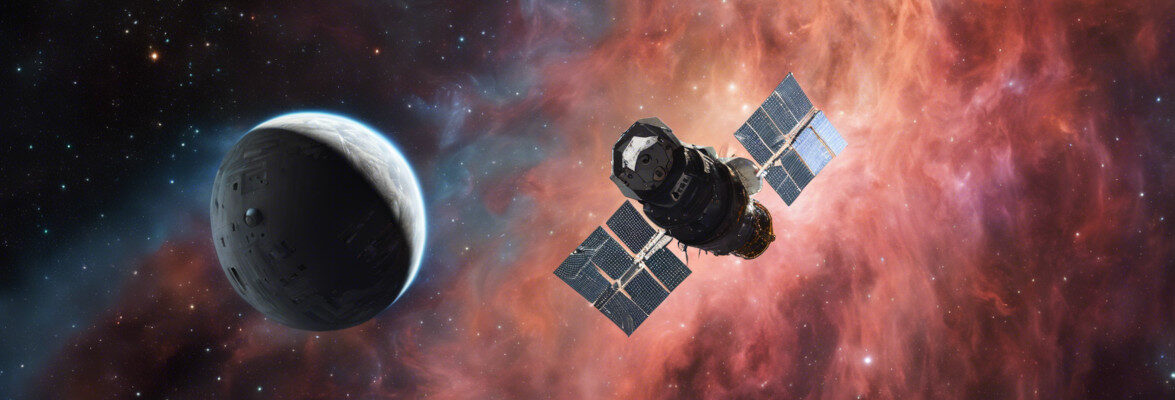
A few hours ago, the Progress MS-22 spacecraft blasted off atop a Soyuz-2.1a rocket from the Baikonur Cosmodrome in Kazakhstan. After about nine minutes it successfully separated from the rocket’s last stage and was placed on its route. The cargo spacecraft began its resupply mission to the International Space Station also called Progress 83 or 83P. In this mission, the route used is the one that requires about two days.
The Progress MS-22 cargo spacecraft is carrying a total of a bit more than 2,500 kilograms (a bit more than 5,500 lbs) of various types of supply including food, water, air, oxygen, propellant, and more such as a series of products for the International Space Station crew, various science experiments, tools, and various hardware. Some CubeSat-class nanosatellites will be deployed by Russian cosmonauts aboard the Station.
Since 2018, the Russian Progress space freighters have often been launched on an ultra-fast track for a journey that lasts just over three hours covering just 2 orbits. It requires a very precise series of maneuvers and above all the adjustment of the International Space Station’s orbit. That’s done particularly on the occasion of astronaut launches to minimize the time they spend in space. In space freighters’ case, a much longer journey is not a problem, so the Russian space agency Roscosmos can choose the route without worries. In this case, Roscosmos opted for the use of the “classic” route which requires two days of travel for the Progress MS-22 cargo spacecraft’s mission in which it covers 34 orbits.
The Progress MS-22 cargo spacecraft is scheduled to reach the International Space Station on Saturday, around 08.49 UTC. The Progress has an automated docking system, so it will reach the Zvezda module on its own.
For Roscosmos, this is the first of two launches to the International Space Station to be conducted this month. In fact, the launch of the Soyuz MS-23 spacecraft is scheduled for February 20 (Russian time), when it will be launched without a crew to replace the damaged Soyuz MS-22 as a vehicle for the return of three crew members.

